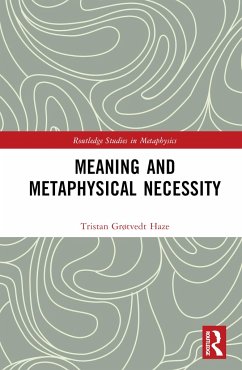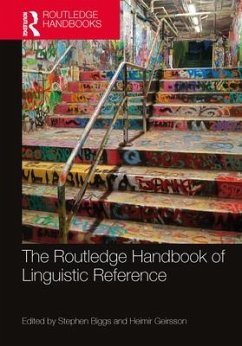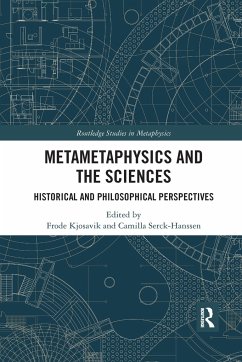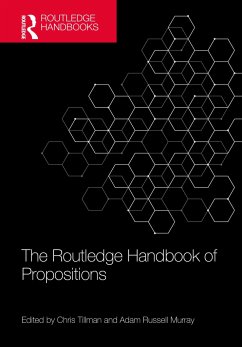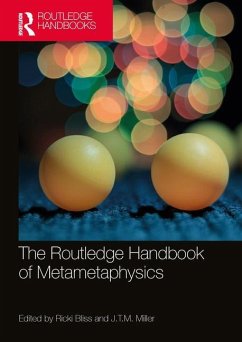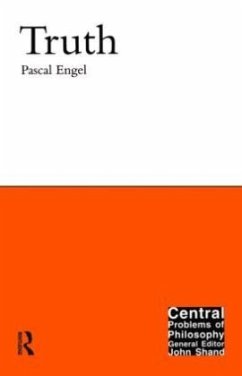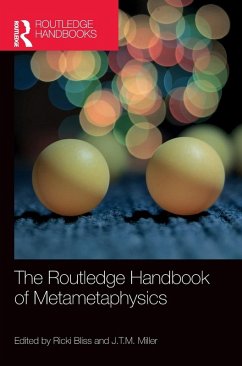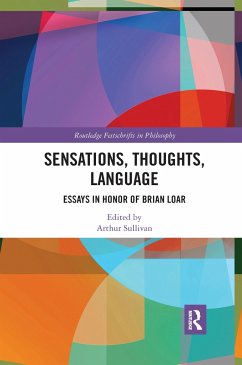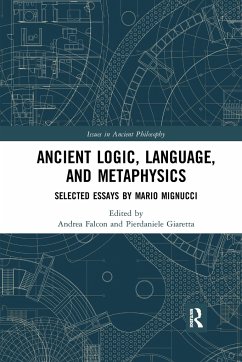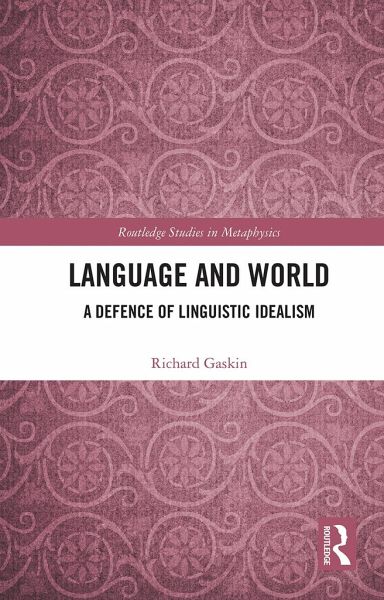
Language and World
A Defence of Linguistic Idealism
Versandkostenfrei!
Versandfertig in 6-10 Tagen
46,99 €
inkl. MwSt.
Weitere Ausgaben:

PAYBACK Punkte
23 °P sammeln!
This book defends a version of linguistic idealism, the thesis that the world is a product of language. In the course of defending this radical thesis, Gaskin addresses a wide range of topics in contemporary metaphysics, philosophy of language, philosophical logic, and syntax theory.Starting from the context and compositionality principles, and the idea of a systematic theory of meaning in the Tarski-Davidson tradition, Gaskin argues that the sentence is the primary unit of linguistic meaning, and that the main aspects of meaning, sense and reference, are themselves theoretical posits. Ontolog...
This book defends a version of linguistic idealism, the thesis that the world is a product of language. In the course of defending this radical thesis, Gaskin addresses a wide range of topics in contemporary metaphysics, philosophy of language, philosophical logic, and syntax theory.
Starting from the context and compositionality principles, and the idea of a systematic theory of meaning in the Tarski-Davidson tradition, Gaskin argues that the sentence is the primary unit of linguistic meaning, and that the main aspects of meaning, sense and reference, are themselves theoretical posits. Ontology, which is correlative with reference, emerges as language-driven. This linguistic idealism is combined with a realism that accepts the objectivity of science, and it is accordingly distinguished from empirical pragmatism. Gaskin contends that there is a basic metaphysical level at which everything is expressible in language; but the vindication of linguistic idealism is nuancedinasmuch as there is also a derived level, asymmetrically dependant on the basic level, at which reality can break free of language and reach into the realms of the unnameable and indescribable.
Language and World will be of interest to scholars and advanced students working in metaphysics, philosophy of language, and linguistics.
Starting from the context and compositionality principles, and the idea of a systematic theory of meaning in the Tarski-Davidson tradition, Gaskin argues that the sentence is the primary unit of linguistic meaning, and that the main aspects of meaning, sense and reference, are themselves theoretical posits. Ontology, which is correlative with reference, emerges as language-driven. This linguistic idealism is combined with a realism that accepts the objectivity of science, and it is accordingly distinguished from empirical pragmatism. Gaskin contends that there is a basic metaphysical level at which everything is expressible in language; but the vindication of linguistic idealism is nuancedinasmuch as there is also a derived level, asymmetrically dependant on the basic level, at which reality can break free of language and reach into the realms of the unnameable and indescribable.
Language and World will be of interest to scholars and advanced students working in metaphysics, philosophy of language, and linguistics.





